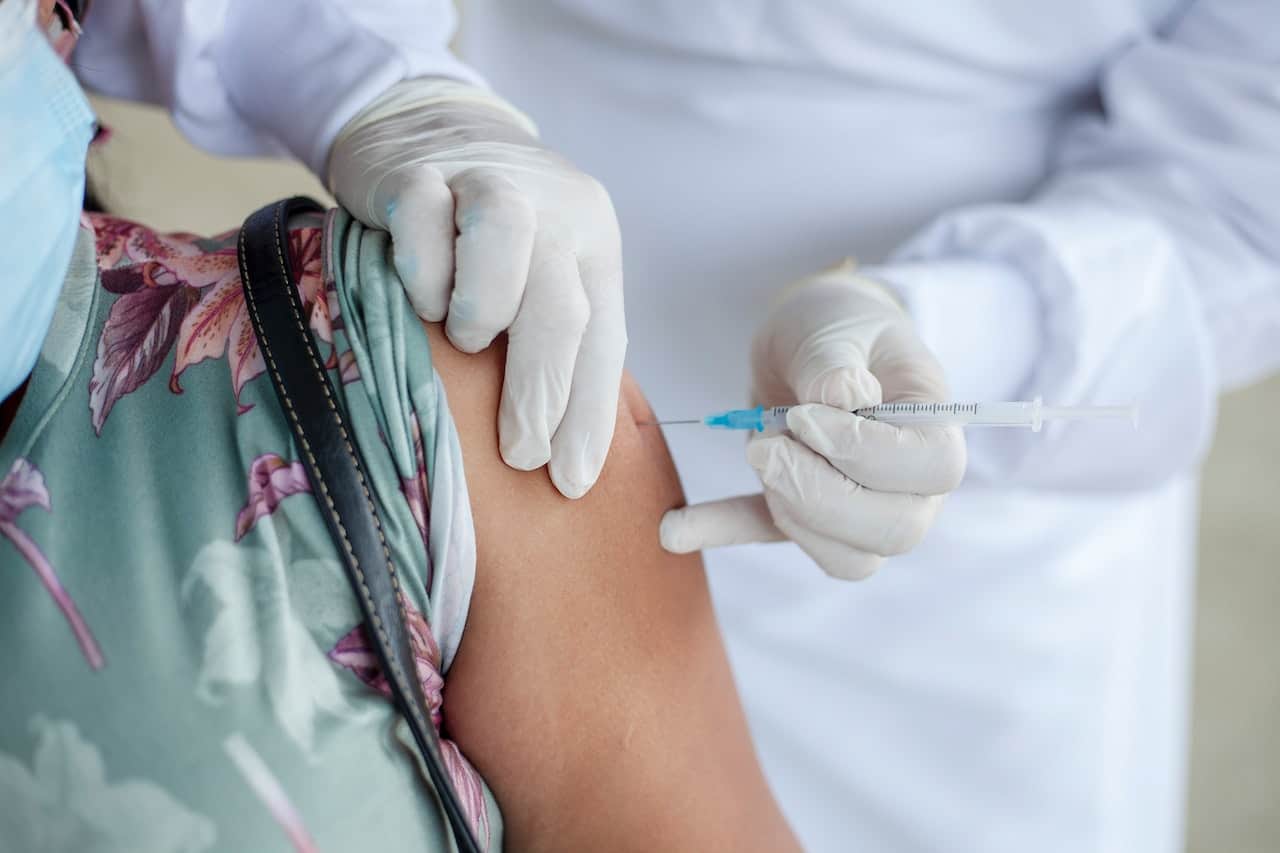
Vaccines do not cause autism
By Galen Lastko,
Photo by Frank Meriño.
A common aphorism posits that it requires an order of magnitude more energy to refute misinformation than it does to propagate it. I’ll do my best though: Vaccines do not cause autism.
I can say this with the same certainty that I say the Earth is round or that the sun will rise tomorrow, not because I’ve done my research (which I have), and not because I’m inclined to trust overwhelming scientific consensus (which I am), but because the entire suggestion and very foundation of the falsehood is so deeply rooted in intentionally fraudulent and categorical malarkey as to beggar all notion of rational thought. It’s not that vaccines are some infallible arbiter of health and well-being: as we’ve maintained through the entire COVID vaccine debate, some people are affected negatively by vaccinations – which is part of the reason the rest of us should go ahead and get them. In fact, the supposed link between vaccines and autism has nothing to do with the many sometimes legitimate concerns expressed by those who are skeptical of vaccination, because unlike many of those misguided notions, the autism connection was not ever even proposed in good faith.
Each of the paper’s authors besides Wakefield have washed their hands of the whole debacle.
It started in February of 1998 when then-doctor Andrew Wakefield managed to publish a paper titled ”Ileal-lymphoid-nodular hyperplasia, non-specific colitis, and pervasive developmental disorder in children”. Feel free to look it up online, where it’s readily available and clearly marked as “retracted”, and each of the paper’s authors besides Wakefield have washed their hands of the whole debacle. It’s beyond the scope of this article to thoroughly take apart Wakefield’s nonsense, but the fraud committed by Wakefield in both his paper and the studies it was purportedly based on was enough to not only discredit the notions he proffered there, but the entirety of his career: the paper cost him his medical license. There are plenty of practicing physicians with unusual, atypical, or alternative approaches to certain aspects of medicine: belief, doubt, or skepticism is not enough to get your license taken away. Deliberate fabrication and academic dishonesty, however, is another kettle of fish.
To begin with, the now-retracted paper was based on a case study of twelve children. A case study, for those who are as ignorant as I was about that term five minutes ago, is not a rigorous laboratory trial and is often little more than the medical equivalent of hearsay. They are usually based on constructed narratives regarding a particular patient or group of patient’s medical history, and while a case study can certainly lead to more rigorous investigation, in the case of Wakefield’s paper, none of his claims have been replicated by any other autism researchers, and in fact, he was unable to replicate them himself. For comparison, a study in Denmark looked at over 600,000 children over twelve years, from 1999 to 2010, and found nothing remotely connecting autism and the MMR vaccine Wakefield was supposedly suspicious of. Furthermore, when the families of the twelve children in Wakefield’s study were interviewed, it was found that not one of them was accurately represented by Wakefield’s paper, and not a single case was free of “misreporting or alteration”. In other words, he lied.
[Wakefield] was trying to make a quick buck scaring people.
The most damning evidence that Wakefield’s fraud was fully and completely intentional was the fact that he wasn’t even anti-vaccine himself: in fact, he was encouraging that parents give their kids three separate vaccines for measles, mumps, and rubella, instead of the single-shot MMR vaccine they would normally receive. As it happens, Wakefield was filing patents for individual vaccines right around the same time he was publishing his paper. He wasn’t worried about children getting too many shots, or what those shots might do to them. He was trying to make a quick buck scaring people. That people with legitimate concerns about vaccination would end up lionizing a man who was aiming to exploit them, borders on a level of absurdity well beyond the recommended dosage.
Galen Lastko, submitted on behalf of the SoHum Health’s Outreach department.
Related: Colds & Flu, Healthcare